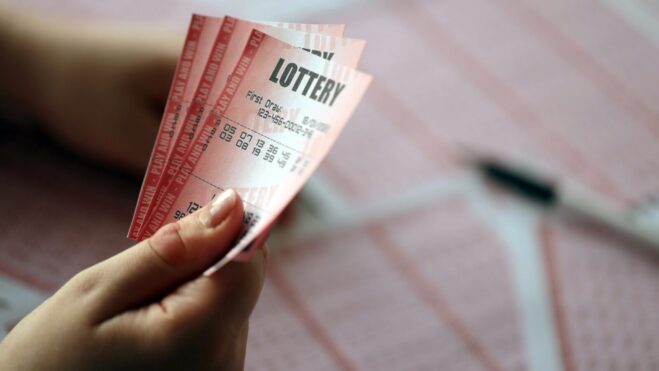Firsthand Reflections From A Lottery Winner’s Divorce Trial
We did not have much legal precedent to rely on. Back then, the lottery was not included in guidelines for determining alimony amounts.
2 min

In the year 2000, Rebecca Strong was a 43-year-old former postal worker in metro Atlanta with a good heart, a few missing front teeth, and a passion for bowling.
Six years earlier, she had become wealthy overnight, having cashed in one of Georgia’s first life-changing lottery tickets a year after the state instituted its lottery in 1993. It was valued at $15 million, the most ever to that point.
Strong found herself in court a few weeks into the year 2000, though, because her husband, cabinet maker John Pressley, had sued for half of the ticket’s worth as alimony in their divorce case.
And I found myself seated a few paces from both of them as jury foreperson. I happened to be residing in the lone state where financial arrangements in a divorce could be resolved with a jury trial.
A tricky case to decide
We did not have much legal precedent to rely on. Back then, the lottery was not included in guidelines for determining the amount of alimony awards. Strong’s attorney, Randall M. Kessler, was unaware of similar cases that might have offered a framework, noting that divorces involving substantial sums of money generally were settled out of court and with sealed agreements.
We also had to weigh the issue of common-law marriage, which was no longer recognized in Georgia. Pressley — who had filed for divorce in ’98, a year after the concept of common-law went away — claimed it applied because the couple began dating in 1988, long before she bought the golden ticket.
Never mind that Pressley did not move in with her, he acknowledged, until the day Strong discovered she had hit the jackpot. They were wed four months later.
Kessler told the courtroom that Strong had bought Pressley a new pickup, paid his business debts, and provided financial aid for his ailing mother. (She had opted to receive $750,000 in annual payments before taxes instead of a lump sum.)
Still, perhaps swayed by Pressley seeming a sympathetic figure and the fact there was plenty of money to share, I lobbied in the jury room for a split closer to 50-50 than what we ultimately agreed upon.
We chose to award Pressley $1.7 million — about 11% of the full amount.
The lawyer reflects
Kessler recently told me, “Technically, it was her money. She won it.”
At the time, though, the lawyer acknowledged the outcome could have been far worse for his client.
“She won the lottery and now he won his,” he said then.
Lottery winnings in alimony disputes must be disclosed nowadays, he told me, recalling a case in which one party kept secret a million-dollar score. The presiding judge found out about it after the ruling and awarded the entire total to the other party as punishment, Kessler said.
Kessler has gone on to become a prominent attorney in celebrity divorces. He chaired the family law sections of the American Bar Association and appears frequently on CNN and other television networks.
But the alimony conflict based on a lottery ticket from nearly a quarter-century ago remains so unforgettable that he invokes it in the courses he teaches at Emory Law School.
Especially memorable was something Strong told him after the jury that I oversaw had carved off a portion of her bounty and handed it to her ex.
As they walked from the courtroom to her car, she said, ‘I’m too blessed to be stressed.”







